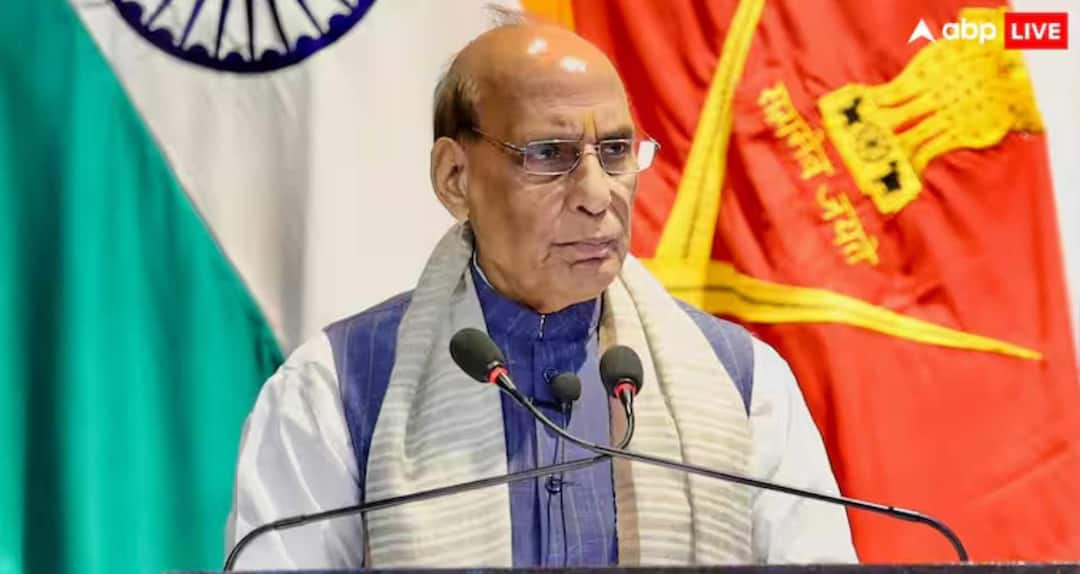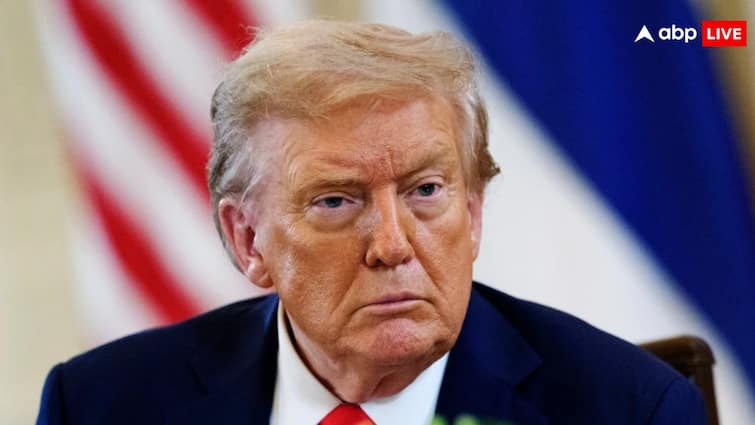- April 30, 2024
Why’d you ignore ED summons, Supreme Court asks Arvind Kejriwal | India News – Times of India

NEW DELHI: Supreme Court on Monday questioned Delhi CM Arvind Kejriwal for not appearing before Enforcement Directorate despite repeated summons after he argued that his arrest was illegal as the agency took the step without recording his statement.
“Are you not contradicting yourself by saying that your statement under Section 50 of Prevention of Money Laundering Act (PMLA) was not recorded? You don’t appear on summons for recording of statement under Section 50 and then you say it was not recorded,” a bench of Justices Sanjiv Khanna and Dipankar Datta told senior advocate Abhishek Manu Singhvi, who appeared for Kejriwal.
Singhvi said non-cooperation by an accused in a probe could not be a ground for arrest and non-appearance following summons was not an admission of guilt. Questioning the timing of the arrest, he said the case was registered one-and-a-half years ago but Kejriwal was arrested after dates of the general elections were announced. He said the CM’s name did not figure in the first nine statements given by other accused and but the name cropped up in the 10th statement and that became the ground for arrest.
Pitching his arguments on political lines, Singhvi said of the three approvers in the case, one joined the central governing party (BJP), the second joined the party’s ally TDP and the third contributed to the party through electoral bonds.
When the bench asked him why Kejriwal had not filed an application for bail in the trial court, Singhvi said the CM had challenged his arrest, which had wider jurisdiction. Responding to ED’s statement that the CM had accepted the remand ordered by the trial court, the lawyer clarified that when the arrest itself was under challenge, there was no question of accepting the remand.
Singhvi pointed out that on April 16, 2023, Kejriwal appeared before CBI in connection with the case and answered all queries.
Countering ED’s submission that the CM could not be given special privilege, Singhvi said a CM had no less rights than a normal accused.
The hearing remained inconclusive and will continue on Tuesday.
In its reply affidavit filed in the apex court, ED had said Kejriwal was the kingpin and key conspirator of the Delhi excise scam and had demanded kickbacks for changing the policy.
Accusing the Centre of “misusing” ED to “crush” its political opponents ahead of general elections, Kejriwal in his affidavit told the court that his arrest was “illegal, arbitrary and an unprecedented assault on the tenets of democracy based on free and fair elections and federalism”.
On April 9, Delhi High Court had upheld Kejriwal’s arrest and said there was no illegality about it and that ED was left with “little option” after he skipped repeated summonses and refused to join the investigation.
“Are you not contradicting yourself by saying that your statement under Section 50 of Prevention of Money Laundering Act (PMLA) was not recorded? You don’t appear on summons for recording of statement under Section 50 and then you say it was not recorded,” a bench of Justices Sanjiv Khanna and Dipankar Datta told senior advocate Abhishek Manu Singhvi, who appeared for Kejriwal.
Singhvi said non-cooperation by an accused in a probe could not be a ground for arrest and non-appearance following summons was not an admission of guilt. Questioning the timing of the arrest, he said the case was registered one-and-a-half years ago but Kejriwal was arrested after dates of the general elections were announced. He said the CM’s name did not figure in the first nine statements given by other accused and but the name cropped up in the 10th statement and that became the ground for arrest.
Pitching his arguments on political lines, Singhvi said of the three approvers in the case, one joined the central governing party (BJP), the second joined the party’s ally TDP and the third contributed to the party through electoral bonds.
When the bench asked him why Kejriwal had not filed an application for bail in the trial court, Singhvi said the CM had challenged his arrest, which had wider jurisdiction. Responding to ED’s statement that the CM had accepted the remand ordered by the trial court, the lawyer clarified that when the arrest itself was under challenge, there was no question of accepting the remand.
Singhvi pointed out that on April 16, 2023, Kejriwal appeared before CBI in connection with the case and answered all queries.
Countering ED’s submission that the CM could not be given special privilege, Singhvi said a CM had no less rights than a normal accused.
The hearing remained inconclusive and will continue on Tuesday.
In its reply affidavit filed in the apex court, ED had said Kejriwal was the kingpin and key conspirator of the Delhi excise scam and had demanded kickbacks for changing the policy.
Accusing the Centre of “misusing” ED to “crush” its political opponents ahead of general elections, Kejriwal in his affidavit told the court that his arrest was “illegal, arbitrary and an unprecedented assault on the tenets of democracy based on free and fair elections and federalism”.
On April 9, Delhi High Court had upheld Kejriwal’s arrest and said there was no illegality about it and that ED was left with “little option” after he skipped repeated summonses and refused to join the investigation.







